If you're searching for smoked paprika substitutes, you likely need a practical solution right now. The best direct replacement is chipotle powder at a 1:1 ratio - it delivers similar smoky heat with just a touch more spice. For a milder option without heat, combine regular paprika with a few drops of liquid smoke. These two solutions work for 90% of recipes including chili, roasted vegetables, and meat rubs.
Table of Contents
Quick Reference Guide for Common Recipes
Don't have time to read the full guide? Here's what to use right now:
- Chili or Stews: Chipotle powder (1:1 replacement)
- Roasted Vegetables: Regular paprika + 1/4 tsp liquid smoke per tablespoon
- Paella or Rice Dishes: Sweet paprika + pinch of cumin
- BBQ Rubs: Smoked salt (use 1/4 the amount)
- Deviled Eggs or Dips: A blend of sweet paprika and a dash of cayenne
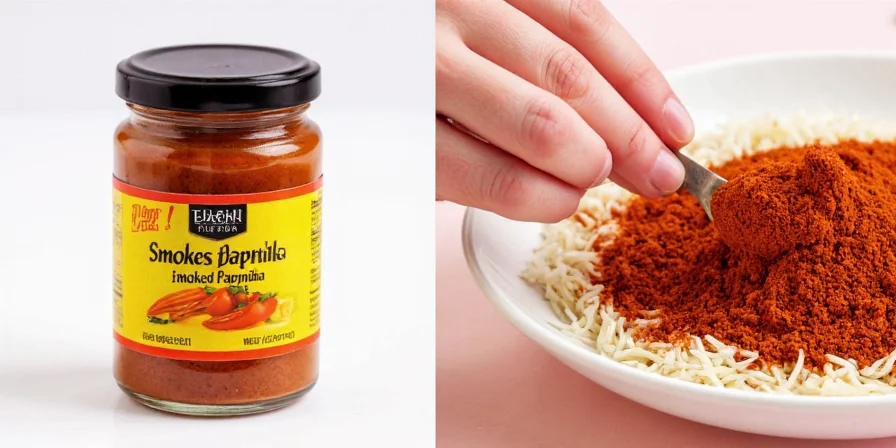
Top 5 Practical Smoked Paprika Substitutes
1. Chipotle Powder (Best Overall Substitute)
What makes it work: Made from smoked jalapeños, chipotle powder delivers similar earthy smoke with moderate heat. Use it 1:1 in most recipes. For sensitive palates, reduce by 25%.
Pro tip: Bloom in warm oil for 30 seconds before adding to dishes - this releases maximum flavor without bitterness.
2. Paprika + Liquid Smoke (Closest Flavor Match)
What makes it work: Combines the base flavor of regular paprika with authentic smoke notes. Use 1 tablespoon paprika plus 3-4 drops liquid smoke per teaspoon of smoked paprika.
Pro tip: Always mix with oil first - smoke compounds bind better with fats. Add during the last 10 minutes of cooking.
3. Ancho Chili Powder (Best for Mild Dishes)
What makes it work: Made from dried poblano peppers, ancho offers subtle smoke with sweet, fruity notes and minimal heat. Use 1:1 in soups, stews, and vegetable dishes.
Pro tip: For deeper color, toast the powder in a dry pan for 1 minute before use.
4. Cumin + Sweet Paprika (Pantry Staple Option)
What makes it work: The earthy notes of cumin mimic smoke when combined with regular paprika. Use 1 teaspoon sweet paprika plus 1/4 teaspoon cumin per teaspoon of smoked paprika.
Pro tip: Add a tiny pinch of sugar to balance the earthiness in tomato-based dishes.
5. Smoked Salt (Best for Finishing)
What makes it work: Delivers concentrated smoke flavor with less color impact. Use 1/4 teaspoon smoked salt per teaspoon of smoked paprika, but add at the end of cooking.
Pro tip: Works especially well on roasted vegetables and grilled meats where surface flavor matters most.
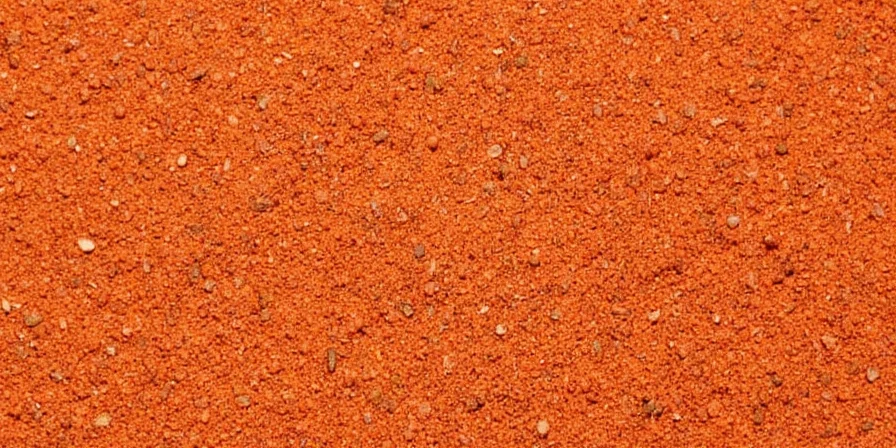
Best Substitutes by Dish Type
Not all substitutes work equally well across different recipes. Match your substitute to your specific dish:
For Meat Rubs and BBQ
Chipotle powder delivers the best results with its robust smoke flavor. For chicken or pork, mix 2 tablespoons chipotle powder with 1 tablespoon brown sugar and 1 teaspoon garlic powder.
For Spanish and Mediterranean Dishes
When making paella or romesco sauce, use sweet paprika plus a pinch of cumin. The flavor profile stays closer to traditional recipes without introducing unexpected heat.
For Vegetarian and Vegan Dishes
Ancho chili powder works best for plant-based recipes, providing depth without overwhelming heat. In bean stews, it mimics the umami you'd get from meat-based smoked paprika applications.
For Egg Dishes and Dips
Smoked salt shines here - its delicate smoke enhances without overpowering. Sprinkle on deviled eggs or mix into sour cream for instant flavor.
3 Mistakes to Avoid When Substituting Smoked Paprika
- Using liquid smoke directly: Never add liquid smoke straight from the bottle - always dilute in oil or another liquid first. One drop goes a long way!
- Adding substitutes too early: Smoke compounds are volatile. Add liquid smoke or smoked salt in the last 5-10 minutes of cooking to preserve flavor.
- Ignoring heat differences: Chipotle brings heat where smoked paprika doesn't. Reduce by 25% or balance with a touch of sweetness.
Simple Comparison Chart
| Substitute | Smoke Level | Heat Level | Best For | Ratio |
|---|---|---|---|---|
| Chipotle Powder | High | Medium | Chili, meat rubs, stews | 1:1 |
| Paprika + Liquid Smoke | High | None | Vegetable dishes, dips | 1T + 3-4 drops |
| Ancho Chili Powder | Medium | Low | Beans, soups, sauces | 1:1 |
| Cumin + Sweet Paprika | Medium | None | Rice dishes, marinades | 1t + 1/4t |
| Smoked Salt | Medium | None | Finishing, roasted foods | 1/4t |
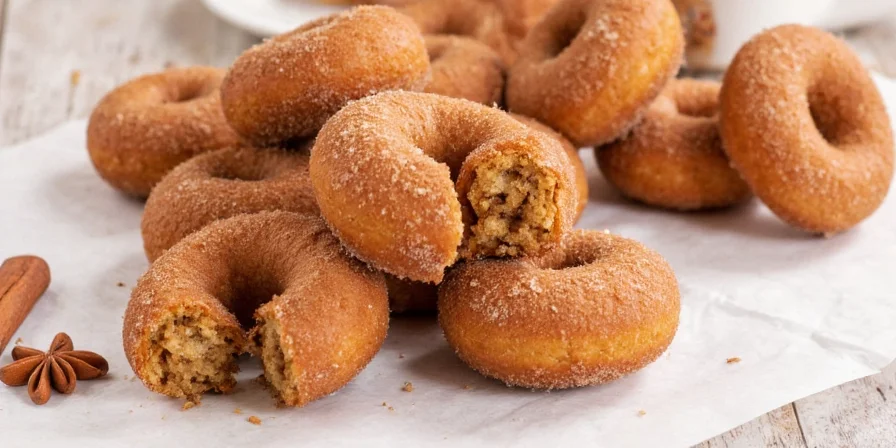
Frequently Asked Questions
Can I use regular paprika instead of smoked paprika?
Yes, but you'll miss the smoky flavor. For better results, mix 1 tablespoon regular paprika with 3-4 drops liquid smoke per teaspoon of smoked paprika needed. This works well for vegetable dishes and dips where smoke flavor matters most.
What's the best substitute for smoked paprika in paella?
For authentic paella flavor, use sweet paprika with a pinch of cumin (about 1/4 teaspoon per tablespoon of paprika). This gives similar earthy notes without the heat of chipotle. Add it when you sauté the sofrito for best flavor integration.
How can I make my own smoked paprika substitute?
Mix 2 tablespoons sweet paprika with 1/2 teaspoon smoked salt and 5 drops liquid smoke. Store in an airtight container for up to 2 weeks. For immediate use, the paprika-liquid smoke combination works best without advance preparation.
Why does my substitute make food taste bitter?
Bitterness usually comes from using too much liquid smoke or adding it too early in cooking. Liquid smoke is potent - start with just 2-3 drops per teaspoon of smoked paprika needed. Always add it during the last 10 minutes of cooking to prevent bitter compounds from developing.
Is chipotle powder hotter than smoked paprika?
Yes, chipotle powder has noticeable heat while traditional smoked paprika (pimentón dulce) is mild. If you're sensitive to spice, use 3/4 teaspoon chipotle powder for every teaspoon of smoked paprika called for, or balance with a touch of honey or sugar in sweet applications.
Final Tips for Success
The best substitute depends on your specific recipe and what's in your pantry. Keep these practical guidelines in mind:
- When in doubt, chipotle powder works for most savory dishes
- For heat-sensitive applications, choose the paprika-liquid smoke combo
- Always add smoke elements late in the cooking process
- Start with less than you think you need - you can always add more
Having a few smoked paprika alternatives in your kitchen means you'll never have to abandon a recipe mid-cooking. These practical solutions deliver the flavor depth you need without requiring specialty ingredients or complicated techniques.
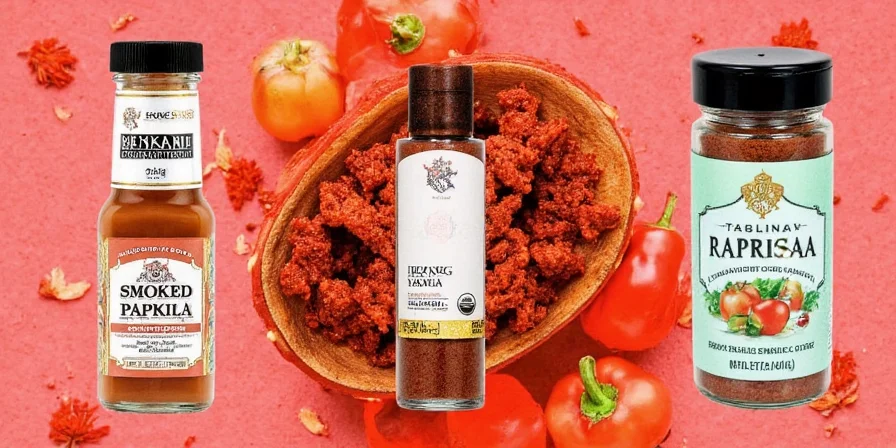

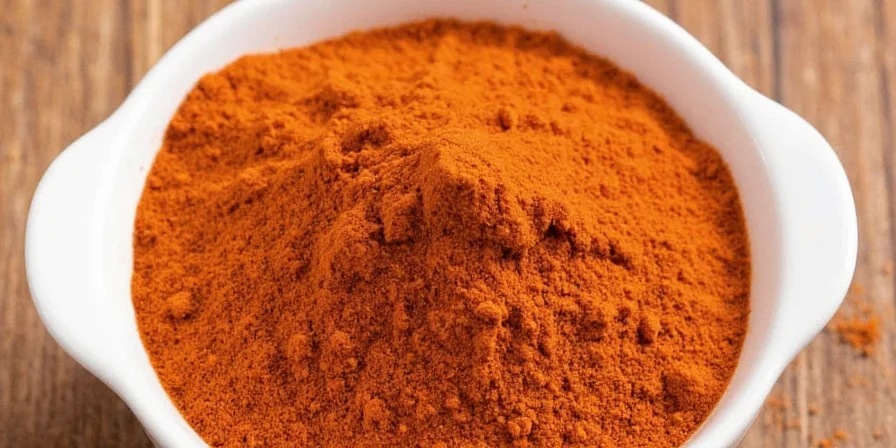









 浙公网安备
33010002000092号
浙公网安备
33010002000092号 浙B2-20120091-4
浙B2-20120091-4